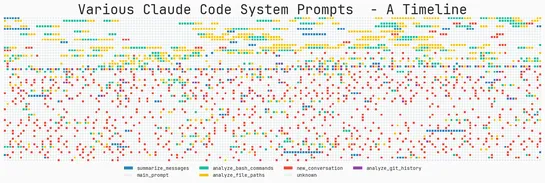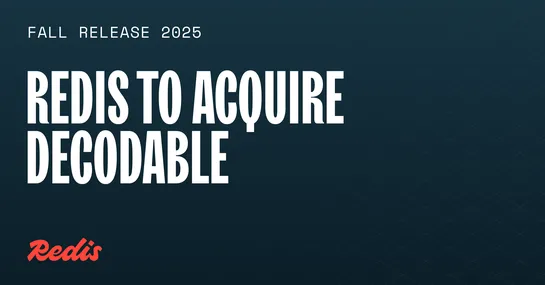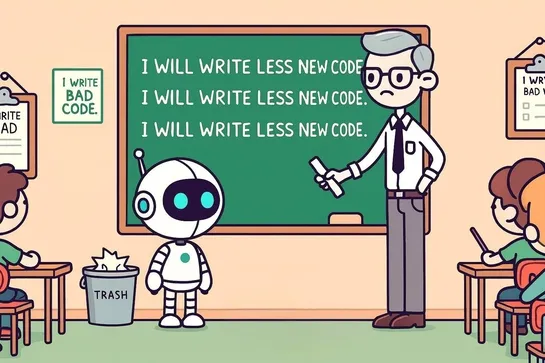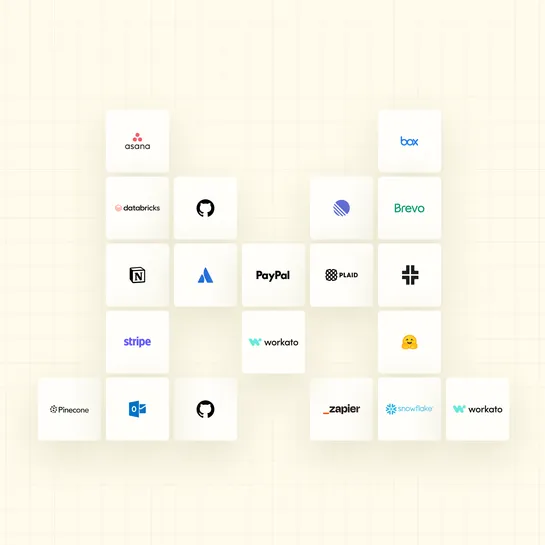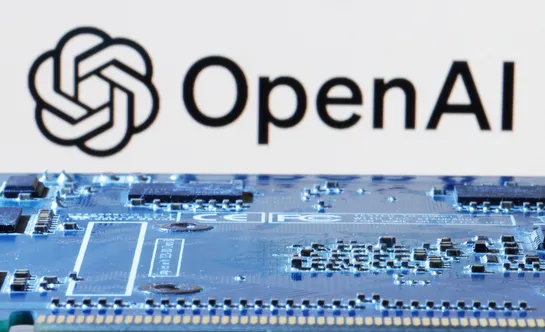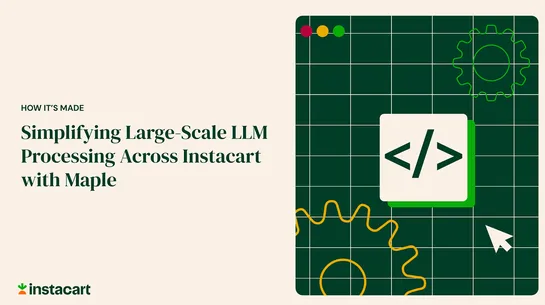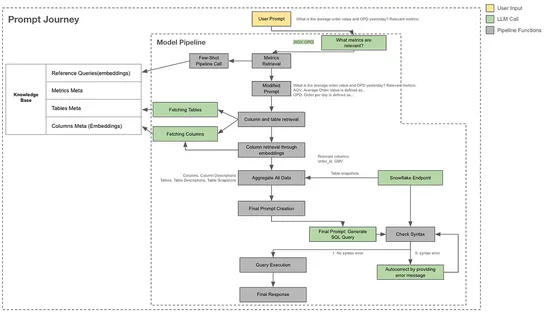Claude Code Ushers in a New Era of Agentic Programming
The rapid evolution of agentic coding is transforming software development, moving beyond traditional methods to intelligent, autonomous systems. Anthropic's Claude Code represents a significant leap in AI assistance for developers, shifting the paradigm from direct text manipulation to hands-off co..


